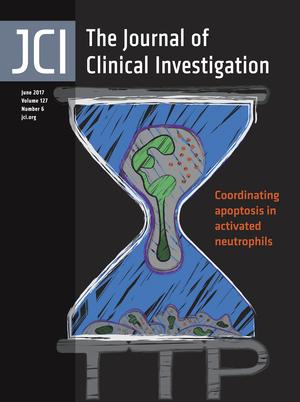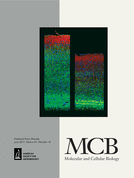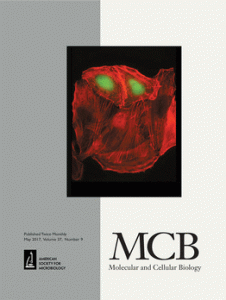 On Dec. 2, 2013, Alison Lakin, the research integrity officer at the University of Colorado Denver, received a concerning email.
On Dec. 2, 2013, Alison Lakin, the research integrity officer at the University of Colorado Denver, received a concerning email.
The emailer was alleging several problems in a 2012 paper in the Journal of Clinical Investigation, co-authored by one of its high-profile faculty members. Lakin discussed the allegations with some administrators and agreed they had merit; Lakin sequestered an author’s laptop and other materials. Over the next few months, the university learned of additional allegations affecting other papers — and discovered even more serious problems in the JCI paper. Namely, the first author had inserted changes to 21 figures in the paper after submitting it, without alerting the other authors, journal, or reviewers.
That journal retracted the paper this month, citing numerous problems:
Continue reading Former prof fudged dozens of images, says university
 In the fall of 2015, out-of-work stem cell biologist Mavi Camarasa decided she had waited long enough. It had been three years since she and a colleague were, best they could tell, the first to successfully correct the most common cystic fibrosis mutation in stem cells derived from a patient.
In the fall of 2015, out-of-work stem cell biologist Mavi Camarasa decided she had waited long enough. It had been three years since she and a colleague were, best they could tell, the first to successfully correct the most common cystic fibrosis mutation in stem cells derived from a patient.  After a paper is published, how long should a journal consider allegations of misconduct? For one journal, that answer is: Six years.
After a paper is published, how long should a journal consider allegations of misconduct? For one journal, that answer is: Six years. Science Translational Medicine has retracted a paper by researchers based in Switzerland, after an investigation concluded two figures had been manipulated.
Science Translational Medicine has retracted a paper by researchers based in Switzerland, after an investigation concluded two figures had been manipulated. A diabetes researcher who once sued a publisher to prevent several retractions has just issued his 12th.
A diabetes researcher who once sued a publisher to prevent several retractions has just issued his 12th.


 A pharmacology journal has
A pharmacology journal has  A researcher who resigned from the University of Dundee in Scotland after it
A researcher who resigned from the University of Dundee in Scotland after it